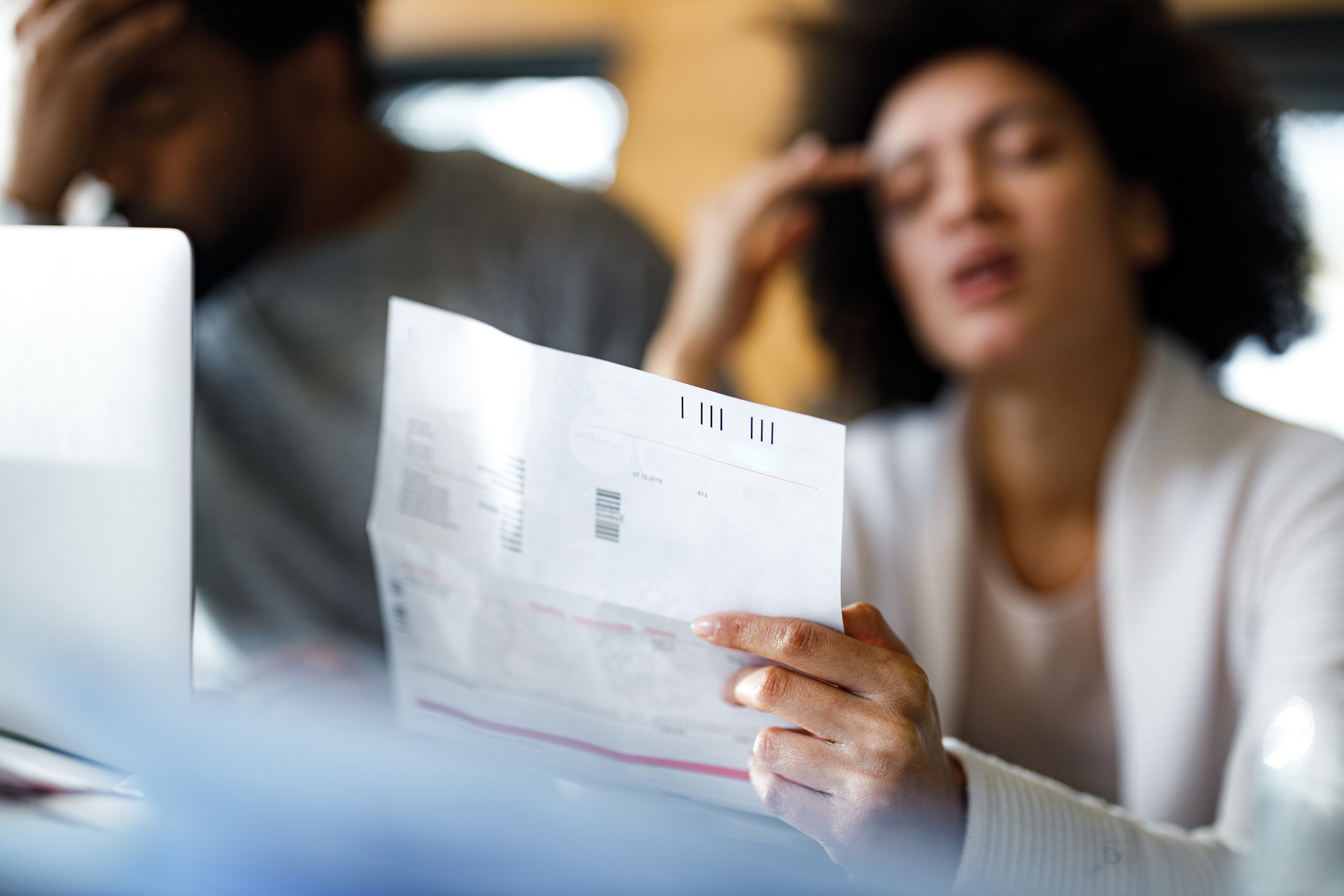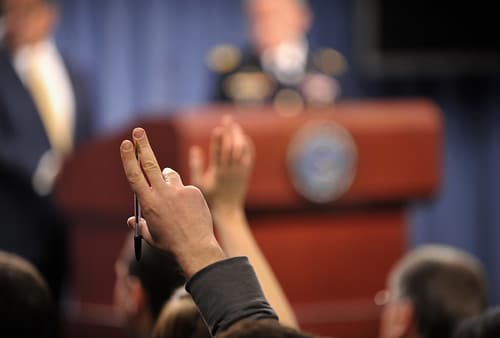Can A Cash Advance Used To Pay Off Student Loan Debt Be Discharged?

Bankruptcy is often the best option to wipe out debt and start over financially. However, not all debt can be discharged through bankruptcy. For example, student loans are typically more difficult to discharge then credit card or mortgage debt. But what if you’ve paid off your student loans using cash advance services on your line of credit? Read ahead to find out when your student loan debt is exempt from bankruptcy discharge, when it isn’t, and, ultimately, how to get relief on your student loans through Chapter 7 or Chapter 13 bankruptcy.
Paying off student loan debt with a cash advance

It’s tempting to try to pay off student loans using another line of credit to pay off this debt, thus avoiding some of the accrued interest. Since the debt has been transferred from the original lender to, for example, a credit card company, many people think that the debt is now subject to rules associated with credit card debt. The truth is, your credit card company can have your debt declared nondischargeable for two reasons:
- The debt was incurred via fraud
- The debt was incurred to pay off other debts that are nondischargeable.
The intent to discharge your student loan debt will be part of the bankruptcy court’s decision. How do they determine whether or not you attempted to defer your debt to an account that you planned to have discharged via bankruptcy? The rules state that if you take out $925 or more in cash advances 70 days before filing, your intent was to commit fraud. Even if you took out advances more than 70 days before filing for bankruptcy, your credit card company will file for nondischargeability if other forms of fraud can be proven. The gist is this: you cannot discharge debt incurred to pay off debt that is nondischargeable.
So, how can student loan debt be discharged through bankruptcy?

The most straightforward way to discharge student loan debt is to prove that the debt causes extreme hardship. A common interpretation of this rule is that you cannot pay off the loan because of a serious, debilitating medical condition. The truth is, though, that many people have found success discharging their student loan debt, both federal and private, for other reasons. Steve Rhode, who did an in-depth study on bankruptcy and student loans for the Huffington Post, found a few characteristics that might just make your student loan debt easier to get rid of then you thought:
- The educational institution that received payment from the loan is not technically eligible.
- The loan was provided by a major lender.
- You received non-university training in programs such as flight school, vocational, and/or beauty school.
Even if you can’t get receive a full discharge, it is possible to be awarded a partial discharge if some of the loaned money was used on expenditures that do not qualify as higher education expenses. To learn more about debt relief options, or to speak with a Chapter 13 or Chapter 7 bankruptcy attorney for free advice, contact DeLuca & Associates at (702) 252-4673 today.
If you liked this post, you might also like:
How to Pay off Credit Card Debt in 6 Steps
Credit Card vs Debit Card: Which Should You Use?
Can I Get a Small Business Loan After Filing for Bankruptcy?






